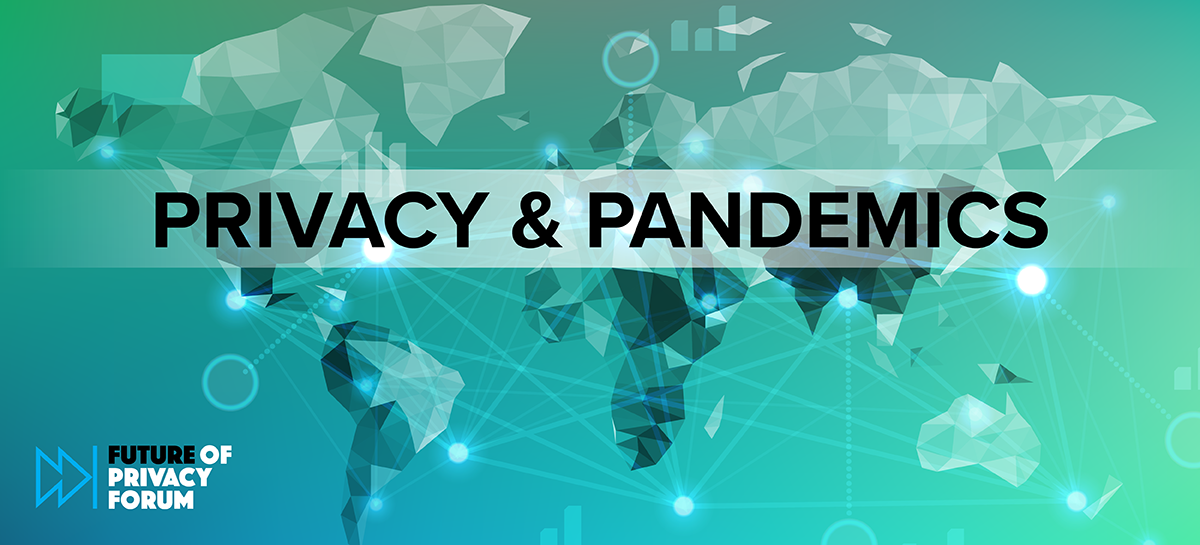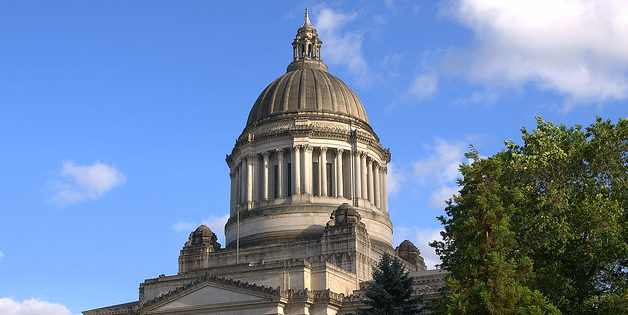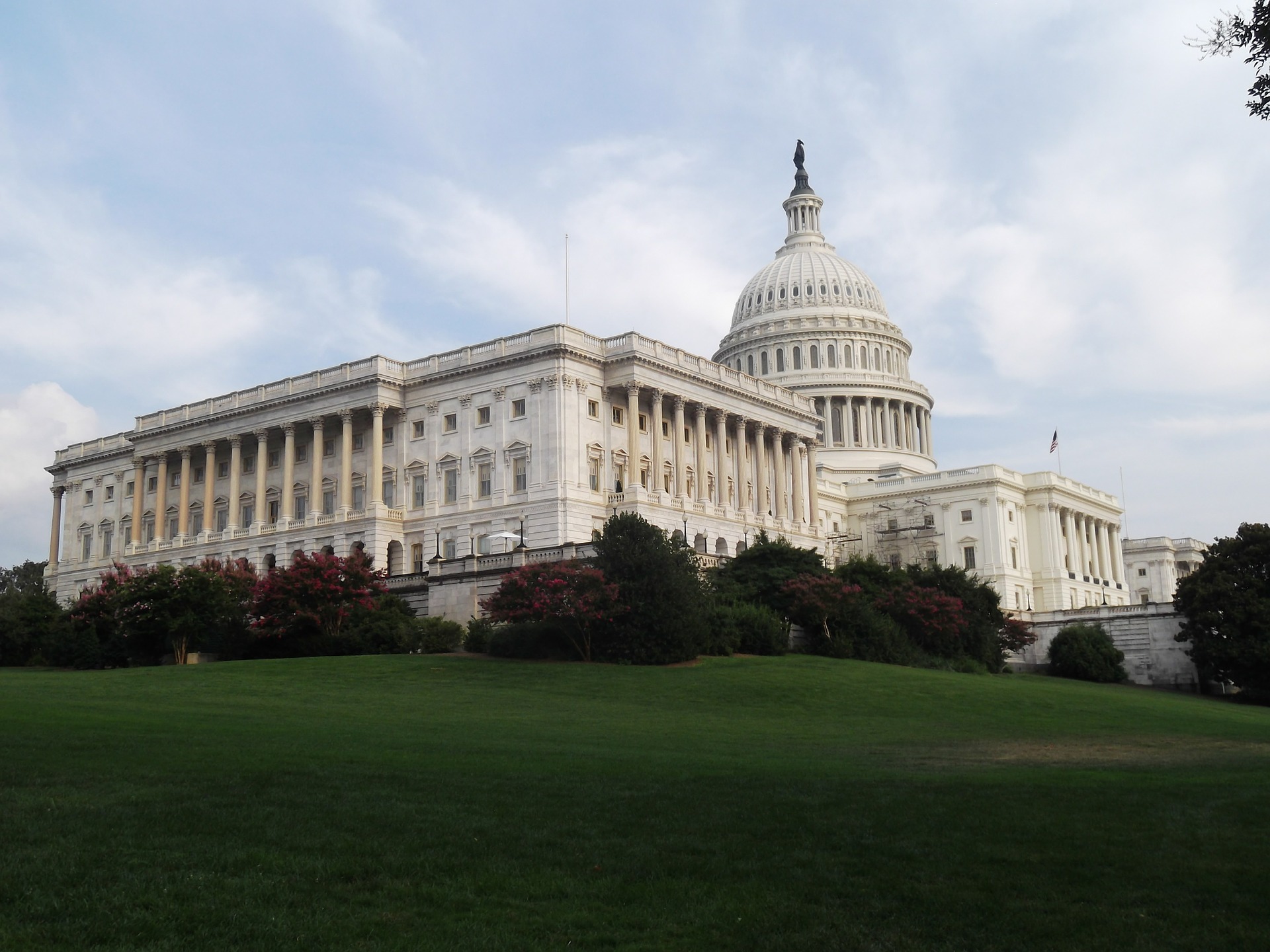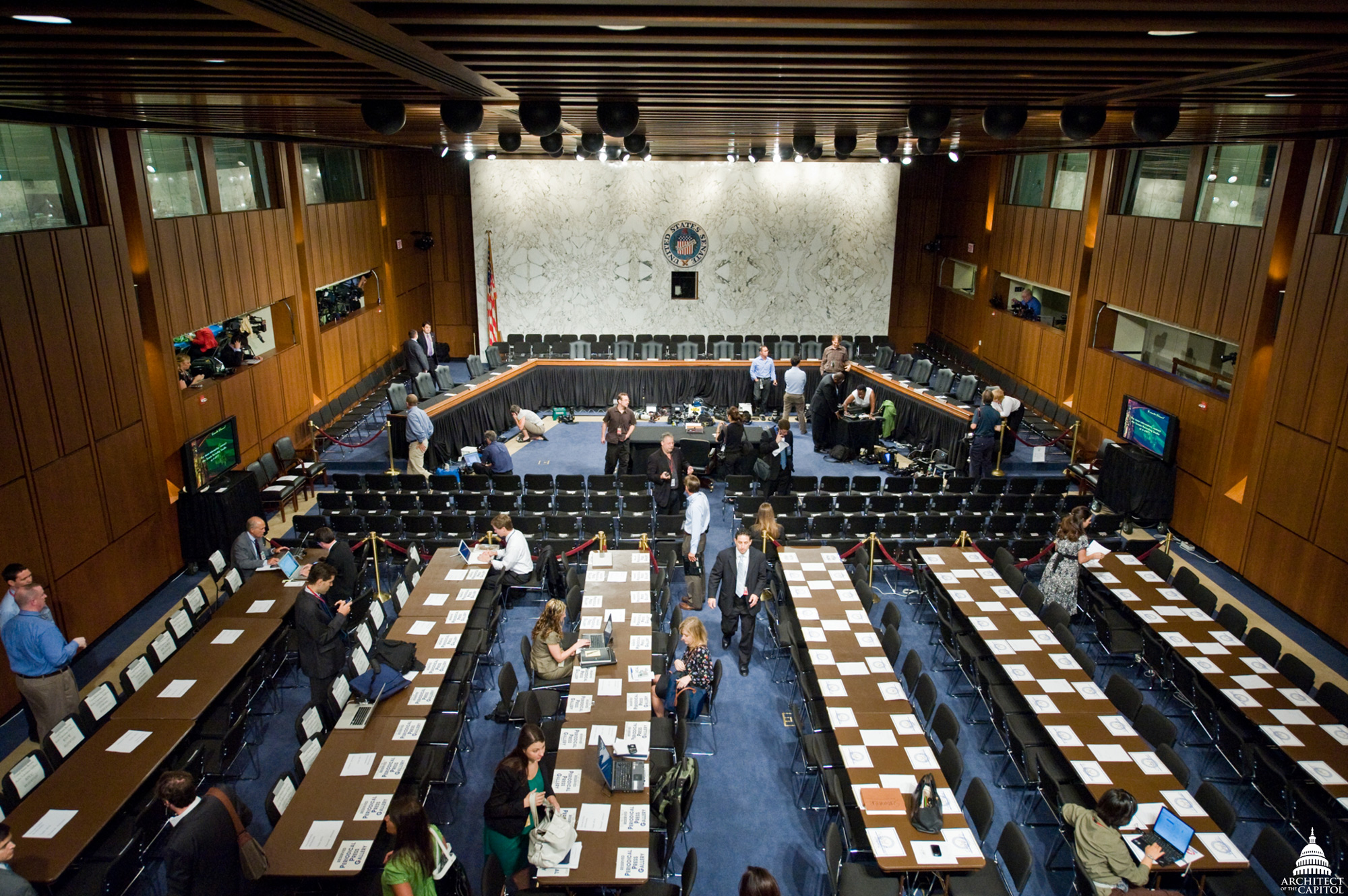Showing results for virg xped promo code free spinks tanzania

European Union’s Data-Based Policy Against the Pandemic, Explained
[…] the population, in combination with specific other measures, will lead to a significantly lower number of infected people.’ In its Resolution, the Parliament also asked for the code of contact tracing apps to be public and recommended that ‘sunset clauses are set and the principles of data protection by design and data minimisation are […]

A Closer Look at Location Data: Privacy and Pandemics
[…] (covering the basics of location information); Mozilla’s Location Service Statistics (updated Mar. 2020) (showing unique bluetooth, cell and wifi networks); OpenCelliD’s Open Database of Cell Towers ( promoting private-public partnerships to understand network coverage patterns); FPF’s Data and the Connected Car Infographic (June, 2020) (describing the basic data-generating devices and flows in today’s connected […]
EU DPAs Issue Green and Red Lights for Processing Health Data During the COVID-19 Epidemic
[…] information related to possible exposure to the virus to the employer or to the competent health authorities; Setting up dedicated channels to receive this type of information; Promoting work from home solutions; In the event of a report about possible exposure, “the employer can record the date and identity of the person suspected of […]

Privacy Papers 2019: Spotlight on the Winning Authors
[…] Privacy Forum and is a member of the American Law Institute. Professor Richards graduated in 1997 with graduate degrees in law and history from the University of Virginia, and served as a law clerk to both William H. Rehnquist, Chief Justice of the United States and Paul V. Niemeyer, United States Court of Appeals […]

The Future Is Now: FPF at CPDP2020
[…] 11:45, Petite Halle We are bringing together experts across the privacy, mobility, and civic space to discuss the challenges of transforming—and enforcing—transportation regulations through the use of code and algorithms. This panel aims to build upon the issue as framed by the ITIF report released earlier this year, which introduced multiple potential frameworks for […]

It’s Raining Privacy Bills: An Overview of the Washington State Privacy Act and other Introduced Bills
[…] browser extension, or global device setting, for consumers to express their intent to opt out. For all of these individual rights, companies are required to take action free of charge, up to twice per year, within 45-90 days (except in cases where requests cannot be authenticated or are “manifestly unfounded or excessive”). Importantly, the […]

Privacy Papers 2019
[…] and when it should not. It examines the relationship between precluded personal information, such as race, and the proxies for precluded information, such as names and zip codes. It proposes that the success of these measures depends on what types of proxies exist for the information blocked and it explores in which situations those […]

This Year’s Must-Read Privacy Papers: FPF Announces Recipients of Annual Award
[…] policy impact, making them “must-read” privacy scholarship for policymakers. Three papers were selected for Honorable Mention: Can You Pay for Privacy? Consumer Expectations and the Behavior of Free and Paid Apps by Kenneth Bamberger, University of California, Berkeley – School of Law; Serge Egelman, University of California, Berkeley – Department of Electrical Engineering & Computer […]

Closer than Apart: Comparing Senate Commerce Committee Bills
[…] representation” of their data upon “verified request” and the names of third parties to whom it has been transferred (and, in Wicker, the names of service providers), free of charge (although Wicker limits free requests to 2/year). Deletion, Correction & Portability – Both bills would require companies, upon “verified request” to correct or delete […]

COPPA Workshop Takeaways
[…] of keeping kids off the internet. Jo Pedder, Head of Regulatory Strategy at the United Kingdom Information Commissioner’s Office discussed the UK’s implementation of the age-appropriate design code. The code’s goal is to empower kids on the internet while keeping them safe, rather than keeping them out of the digital world. Instead of a […]
